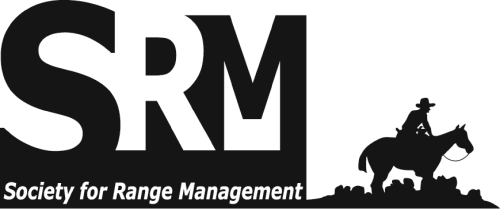A goal for any rangeland grazing operation is to attain an appropriate balance among available forage resources, where forage nutrient composition and supplementation (i.e. if needed) meets the daily nutritional requirements of livestock. To accomplish this on a short-term basis, the producer needs to have current information about the nutrient content of the forage. There is no comprehensive, quantitative seasonal description of rangeland forage quality available for Colorado. Therefore, the objective of this project is to field-test a sampling and analysis protocol to estimate variability in seasonal rangeland forage nutrient composition over spatial scales. Four geographically diverse locations in Colorado were chosen for this pilot project. Monthly forage samples are collected for approximately one year to capture seasonal variation in quality. Forage samples are collected at each location via clipping (n=12) and grab sampling (n=3) techniques. All forage collected within a hoop (0.5 m diameter) is combined into a single composite sample. Ocular estimates of foliar cover (%) for different types of vegetation, litter, bare ground, and live or dead forage are recorded before forage is clipped. Phenological stage for each vegetation type is recorded. Forage quality will be assessed based on levels of crude protein (CP), total digestible nutrients (TDN), acid detergent fiber (ADF), neutral detergent fiber (NDF) and minerals. This data will then be used to develop near infrared spectroscopy equations for rapid assessment of the remaining samples. Once this sampling protocol is validated, it will be used to construct a more comprehensive state-wide study. Pilot survey results will highlight the importance of site-specific forage analysis to develop more cost-effective supplementation programs. Results will strengthen producer knowledge and the value of range beef cow nutrition management recommendations in Colorado.

Oral presentation and poster titles, abstracts, and authors from the Society for Range Management (SRM) Annual Meetings and Tradeshows, from 2013 forward.